Over the last decade there has been much attention on America’s school-to-prison pipeline problem. Scholars, activists, child advocates, and the legal community have looked at a confluence of forces, including the increasing criminalization of adolescence and zero-tolerance policies that push disadvantaged children out of school and in into the criminal justice system. But few have stopped to ask: what proportion of those children who end up in the juvenile and adult prison systems are either foster children or have had contact with the foster care system?
Nationally, one-quarter of foster youth and two-thirds of “crossover youth” have a jail stay in early adulthood. And some states have reported that nearly 70% of adults in their prisons have had contact with foster care. Children in foster care are at greater risk for involvement in the justice system due to abuse, neglect and home removal that stem from conditions of poverty, community instability, parental incarceration and parental substance abuse and mental health issues. Academic struggles and behavioral problems cause nearly 30% of foster children to “cross over” into the juvenile delinquency system by their early teen years. Often, they spiral lower, drop out of school and face unemployment, homelessness and incarceration.
In this workshop attendees will learn who these youth are, confront the debilitating obstacles that often push foster youth into the juvenile and adult prison systems, and discuss ways that social service providers, legal professionals, child advocates, clinicians and educators can cooperatively limit the overall number of referrals to juvenile court and reducing the disproportionate contact students of color have with school/foster care discipline and the juvenile justice system.
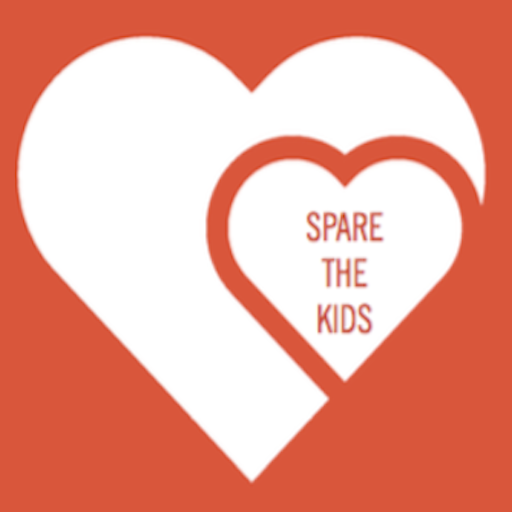

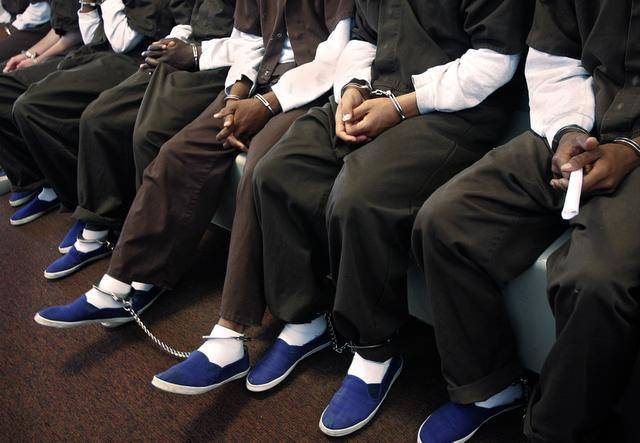
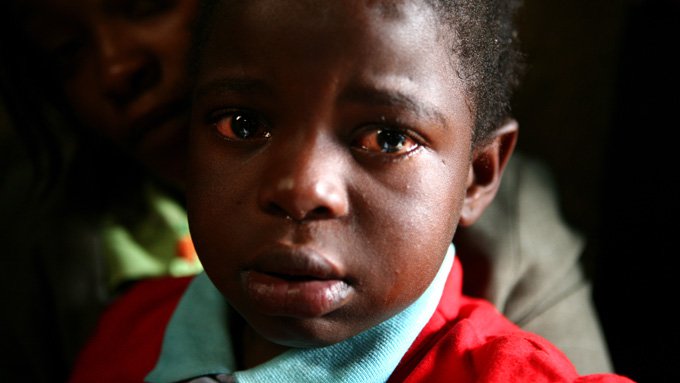
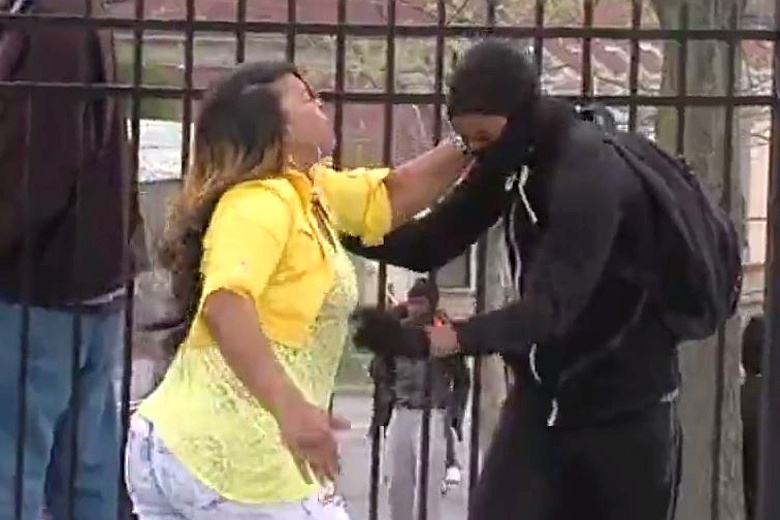
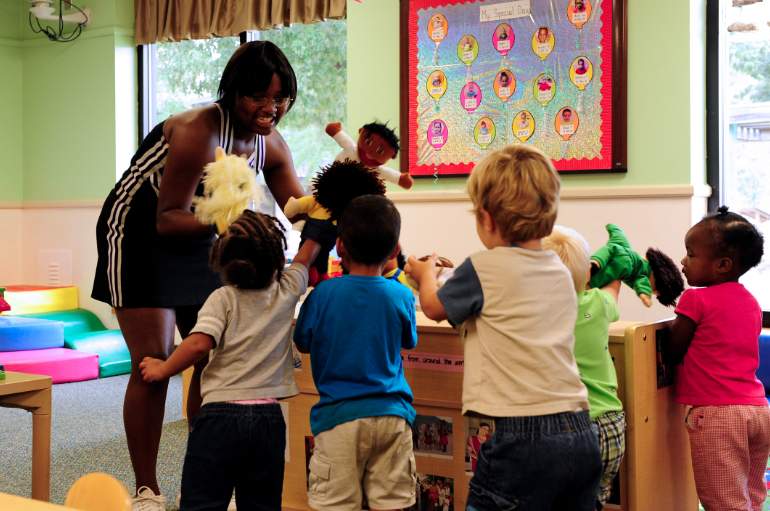
Recent Comments